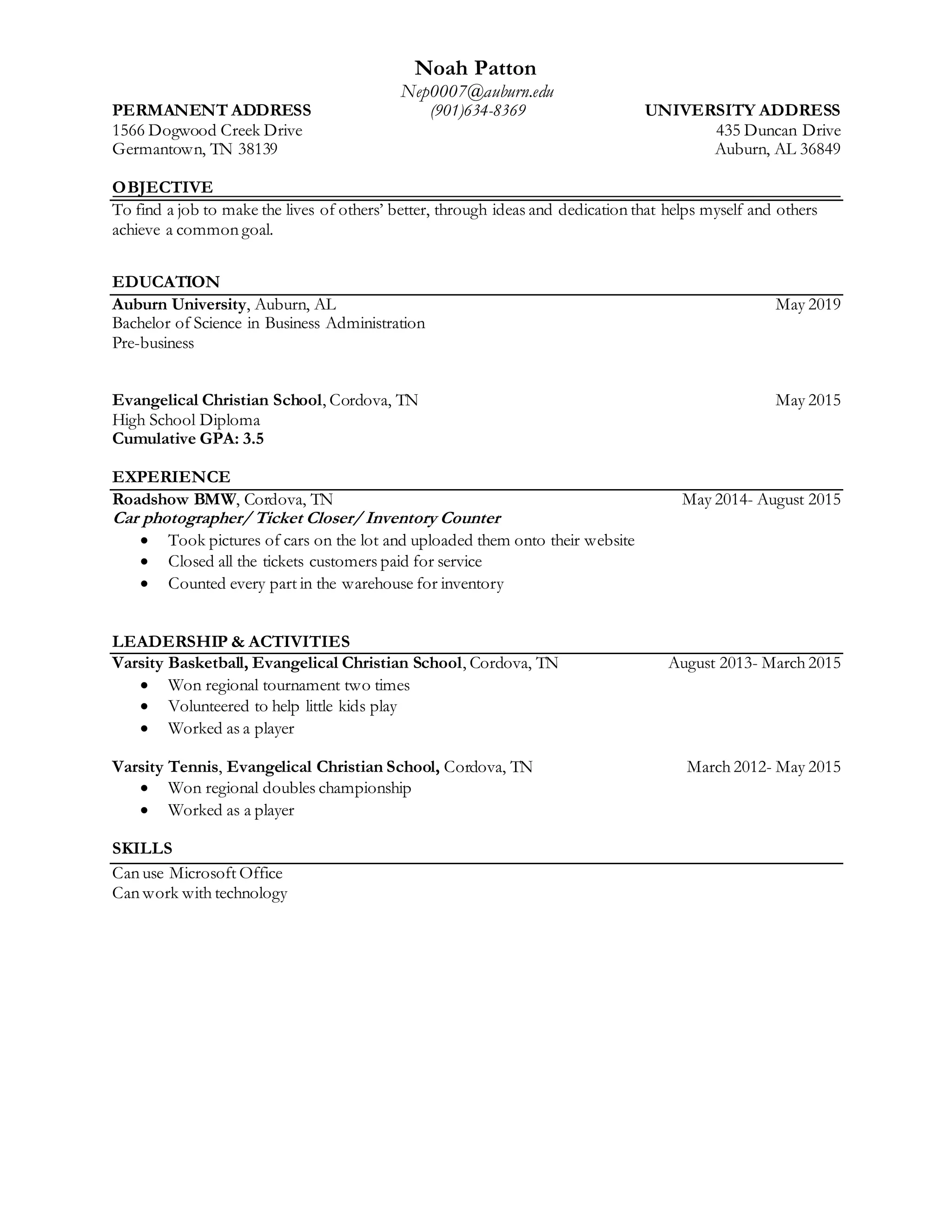The name Noah resonates deeply within the annals of Abrahamic religions, conjuring images of a righteous man, a colossal ark, and a world transformed by divine judgment and grace. While the specific keyword "Noah Patton" might lead one to search for a contemporary figure, the vast majority of historical and theological data points unequivocally to Noah, the revered patriarch of biblical antiquity. This article will delve into the profound narrative of this foundational figure, exploring his life, his pivotal role in humanity's story, and the timeless lessons embedded within his remarkable journey as recorded in ancient scriptures.
Our exploration aims to provide a comprehensive and trustworthy account of Noah, drawing directly from the foundational texts that have shaped millennia of religious thought and cultural understanding. We will examine why Noah was chosen amidst a sinful world, the significance of his obedience, and the enduring covenant God established through him. By adhering to principles of expertise and authoritativeness, we seek to illuminate the profound impact of Noah's story, making complex biblical concepts accessible and relevant for a general audience.
Table of Contents
- The Life of Noah: A Biblical Biography
- Noah's Biblical Biodata: A Patriarch's Profile
- Noah: A Righteous Man in a Sinful World
- The Flood Narrative: Divine Judgment and Preservation
- God's Covenant with Noah: A Foundational Promise
- Lineage and Legacy: Noah's Place in Human History
- Key Messages Embodied in Noah's Story
- The Enduring Relevance of Noah's Story Today
The Life of Noah: A Biblical Biography
Noah, whose name is often interpreted to mean 'rest' or 'consolation', emerges in the traditions of Abrahamic religions as the last of the antediluvian patriarchs. His story, primarily recounted in the Old Testament book of Genesis, specifically beginning in Genesis 6, presents him not merely as a historical figure but as a pivotal character in humanity's spiritual narrative. Born when his father, Lamech, was 182 years old, Noah represents the tenth generation of man on Earth, a direct descendant in the godly line of Seth. This lineage is significant, as it was said that “at that time men began to call upon the name of the Lord” (Genesis 4:26), suggesting a heritage of faith amidst an increasingly corrupt world.
Unlike his contemporaries, who had succumbed to widespread evil and wickedness, Noah is consistently depicted as a man of unparalleled righteousness. The scriptures describe him as "the only blameless person living on earth at the time, and he walked in close fellowship with God." This profound relationship with the divine set him apart and made him a vessel for God's extraordinary plan to preserve life and reset the course of human history. His life was not merely a sequence of events but a testament to unwavering faith and obedience in the face of immense societal decay.
Noah's Biblical Biodata: A Patriarch's Profile
While we cannot provide modern biographical details for a figure from antiquity, we can compile a comprehensive profile based on the biblical narrative, offering insights into his identity and significant attributes:
| Attribute | Biblical Detail |
|---|---|
| Name | Noah (Hebrew: נוֹחַ, Noach) |
| Meaning of Name | 'Rest' or 'Consolation' |
| Father | Lamech (Son of Methuselah) |
| Grandfather | Methuselah (The oldest person in the Bible, died at 969 years old in the year of the Flood) |
| Lineage | Tenth generation from Adam, part of the godly line of Seth |
| Key Characteristics | Righteous, blameless, walked in close fellowship with God, found great favor in God's eyes, obedient servant, major patriarch. |
| Family | Wife (unnamed), Sons: Shem, Ham, and Japheth |
| Significant Roles | Hero of the biblical flood story, originator of vineyard cultivation, savior of animals and mankind (by |



